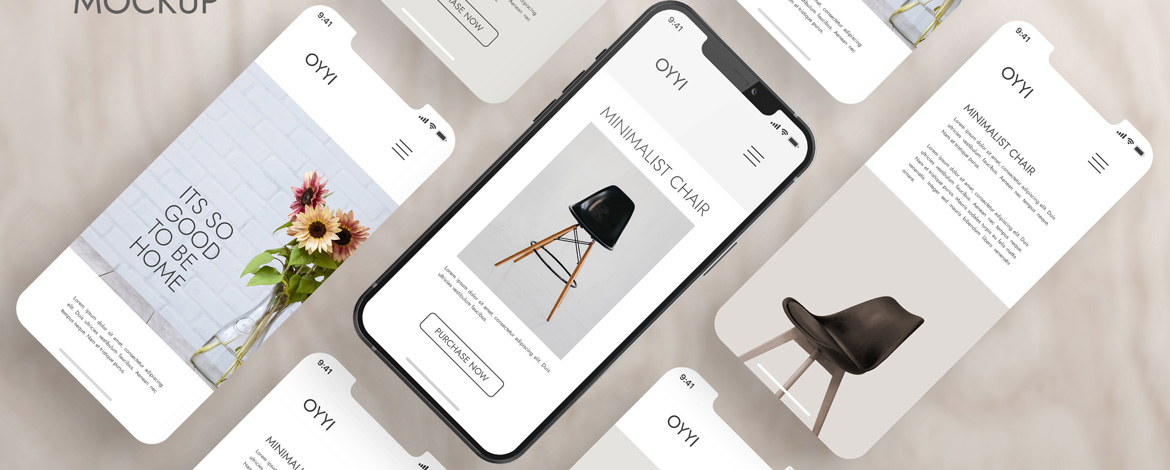Table of Contents

Introduction Bluehost Webmail
If you’re managing a website or business, securing a dependable and professional email setup is vital. Bluehost Webmail provides a robust, user-friendly platform that flawlessly integrates with your hosting account.
Whether you’re a newcomer to webmail or seeking to enhance your current setup, this guide offers a comprehensive walkthrough—from establishing your initial email account to exploring advanced customization features.
By the conclusion of this guide, you’ll possess the tools and knowledge necessary for efficient and secure email management. Ready to upgrade your email management? Click the link to begin!
Creating and Accessing Your Bluehost Webmail Account
Step 1: Create Your First Webmail Account
To kickstart your Bluehost Webmail journey, the initial step is to craft your email account. Begin by logging into your Bluehost dashboard and steering to the “Email” section within your control panel. Here, you’re set to create your first email address, ensuring it strikes the perfect balance between professionalism and memorability.
A pivotal move is to establish a strong, unique password for securing your account. Ready to dive in and elevate your webmail experience? Click here to start now and tap into the full potential of your webmail capabilities.
Step 2: Accessing Bluehost Webmail from the Control Panel
Once your email account is created, accessing your inbox is straightforward. In the “Email” section of the control panel, find your newly created email account and click “Access Webmail.” This will open your webmail interface, where you can start managing your emails.
Step 3: Configuring Your Email Address and Password
If you didn’t configure your email address and password during account creation, now is the time to do so. This is also where you can set up additional email aliases if needed. Aliases allow you to manage multiple email addresses from a single inbox—perfect for businesses with various departments or services.
Step 4: Initial Security Settings
Security should always be a top priority. Start by enabling SSL (Secure Sockets Layer) for encrypted email communication. This ensures that your data is safe from potential threats. Additionally, consider setting up two-factor authentication (2FA) for an added layer of security. This extra step will help protect your account from unauthorized access.
Customizing Your Bluehost Webmail Settings
Personalizing Your Email Interface
The look and feel of your inbox can greatly impact how you manage your emails. Bluehost Webmail offers various themes to personalize your interface. Whether you prefer a clean, minimalist design or something more vibrant, customizing your inbox can make the email experience more enjoyable.
Setting Up Email Filters and Folders
Staying organized is key to efficient email management. Bluehost Webmail allows you to set up filters that automatically sort incoming emails into specific folders. This feature is incredibly useful for keeping your inbox clutter-free, ensuring that important emails are always easy to find.
Managing Your Spam Settings
No one likes dealing with spam, but Bluehost Webmail makes it easier to manage. Adjust the spam filter sensitivity to your liking, and set up custom rules to block unwanted senders. Properly configured spam settings can drastically reduce the amount of junk mail you have to deal with.
Configuring Email Signatures
A professional email signature can leave a lasting impression. Bluehost Webmail lets you create multiple signatures for different purposes—whether for business or personal use. Setting this up is simple and adds a polished, professional touch to all your outgoing emails.
Adjusting Your Notification Settings
Notifications can be a double-edged sword. On one hand, they ensure you never miss an important email; on the other, they can be distracting. Bluehost Webmail allows you to customize notifications so you’re alerted only when necessary. This feature is perfect for staying focused while still staying informed.
Advanced Features and Troubleshooting
Integrating Bluehost Webmail with Other Email Clients
If you prefer using an external email client like Outlook or Gmail, you can easily integrate your Bluehost Webmail with them. Bluehost provides IMAP and POP3 settings, allowing you to sync your email across multiple devices. This flexibility is great if you’re constantly on the go and need access to your emails from various platforms.
Using Auto-Responders
Auto-responders are a powerful tool, especially for businesses. They allow you to send automatic replies to incoming emails—perfect for letting clients know when you’re out of the office or to provide immediate responses to common inquiries. Setting up an auto-responder in Bluehost Webmail is quick and easy, ensuring you stay responsive even when you’re not available.
Troubleshooting Common Issues
Like any technology, webmail isn’t immune to issues. Common problems include emails not sending or receiving, or login issues. Fortunately, Bluehost’s support team is available 24/7 to help resolve any issues you encounter. Before reaching out to support, try clearing your browser cache or restarting your device—these simple steps often resolve minor glitches.
Conclusion
Setting up and customizing your Bluehost Webmail is an essential step for anyone looking to manage their emails professionally. Whether you’re setting up a business email account or simply want a reliable personal email address, Bluehost Webmail offers a user-friendly and secure solution.
From initial setup to advanced features like custom signatures and spam management, this guide has covered all the bases to ensure you get the most out of your webmail experience. Now that you’re equipped with all this knowledge, it’s time to dive in and start managing your emails with confidence!





